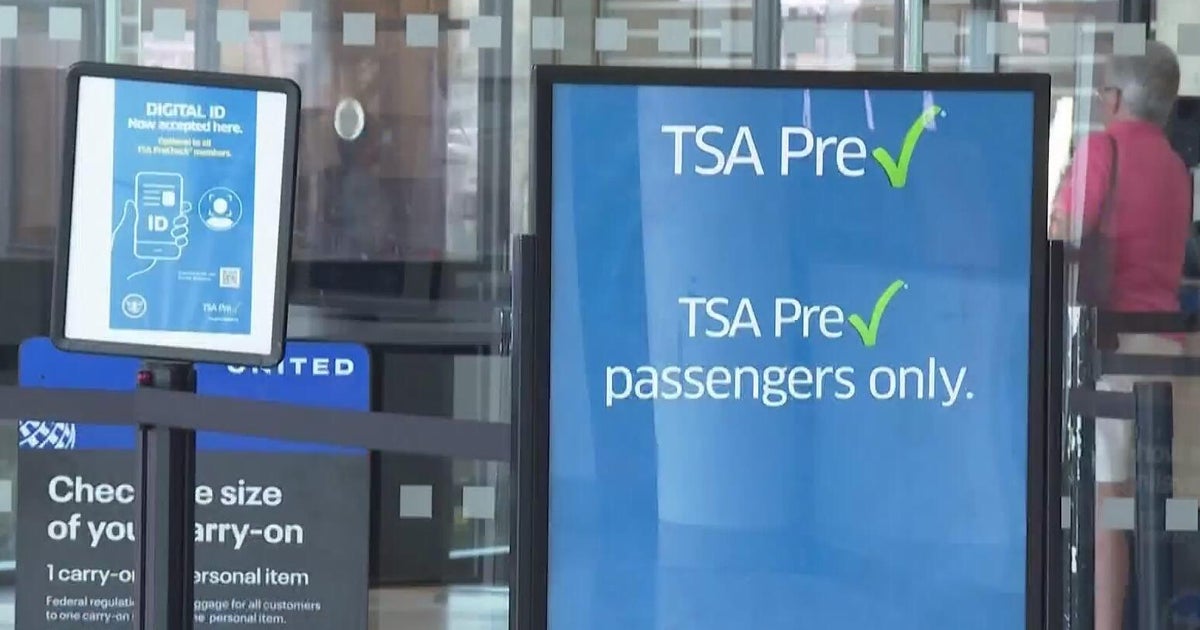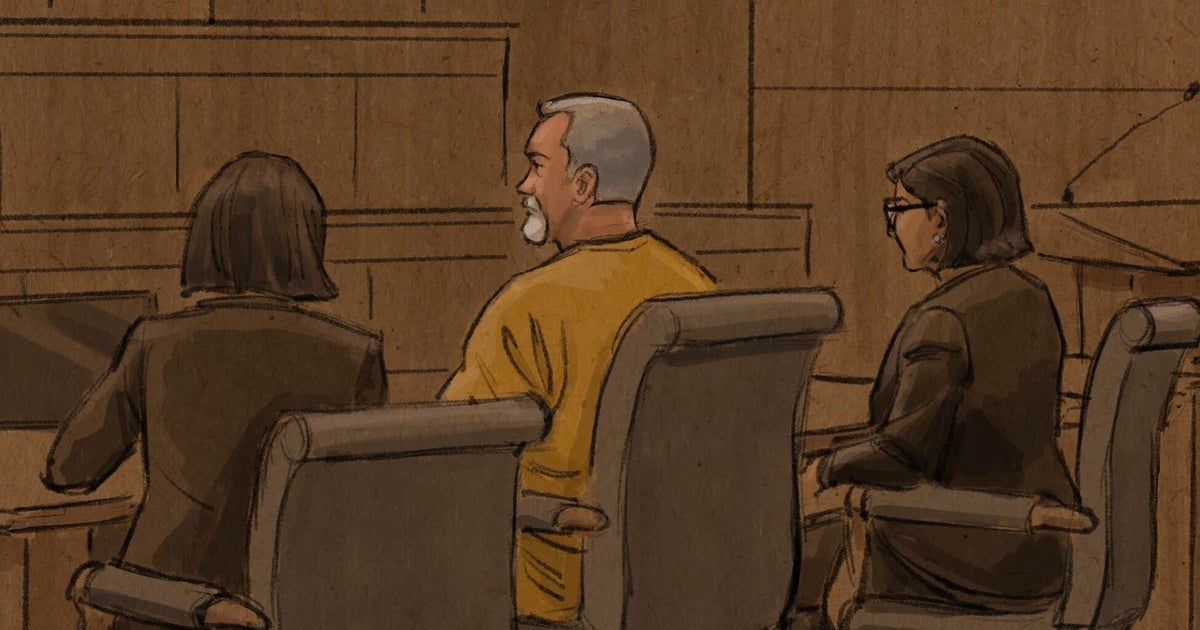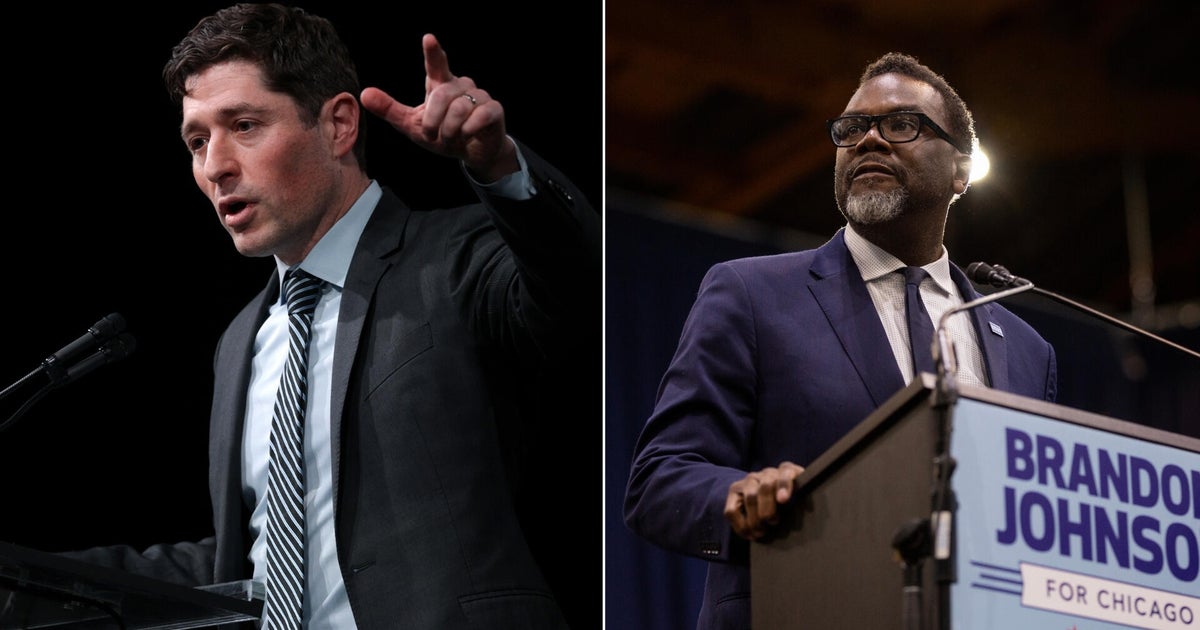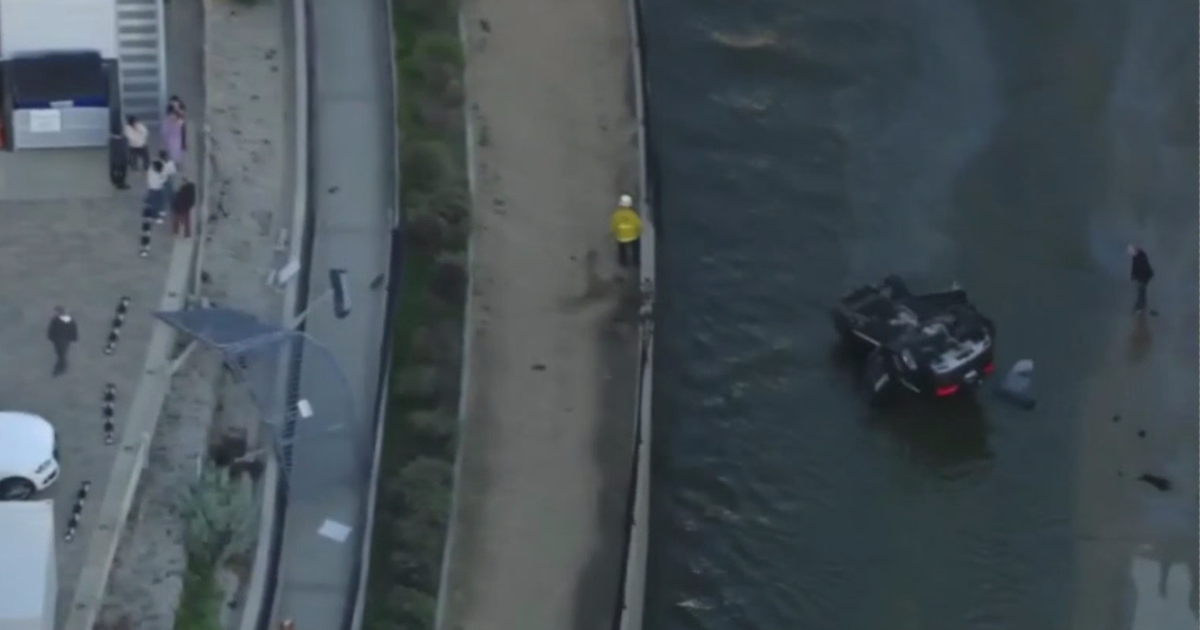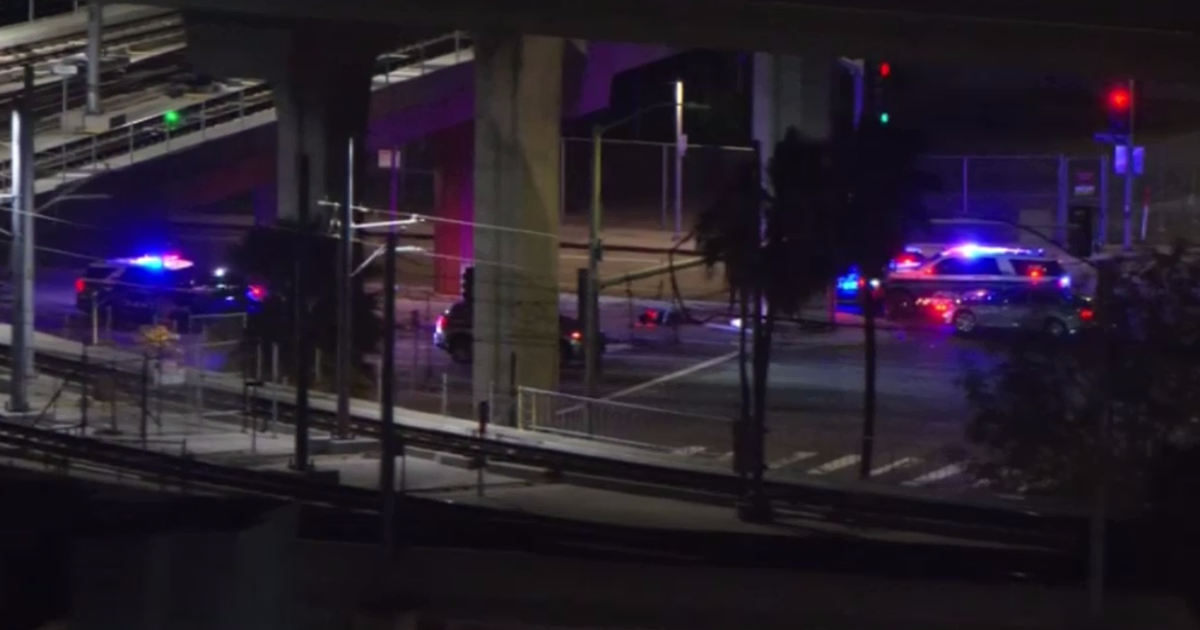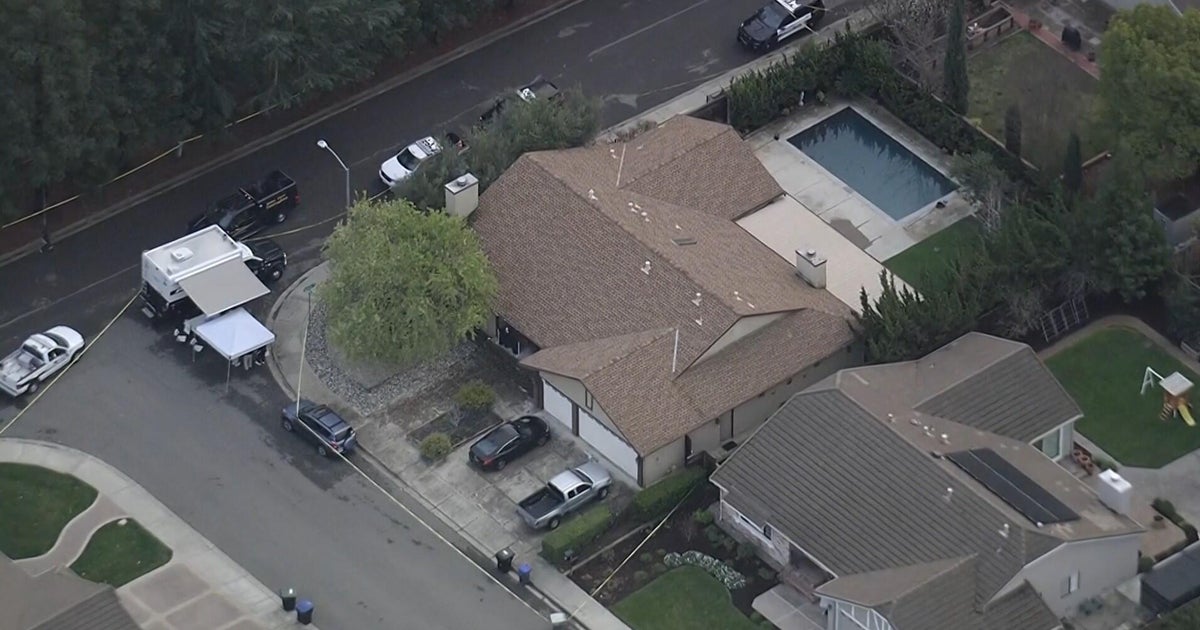Why was Chicago key to O.J. Simpson's murder case?
The double murder case against O.J. Simpson, who died Wednesday at age 76, was tied closely to a few hours the former football star and actor spent in Chicago.
On the night of the murders of his ex-wife, Nicole Brown Simpson, and her friend, Ron Goldman, Simpson flew overnight to Chicago to play a corporate golf outing in suburban Northbrook and checked into a hotel near the airport.
O.J. Simpson flies to Chicago the night of the murders
The bodies of Brown Simpson and Goldman were found around 12:20 a.m. on June 13, 1994, outside Nicole's Brentwood home in Los Angeles. That was about 20 minutes after Simpson's plane took off for Chicago.
Simpson arrived in Chicago around 5:30 a.m. on American Airlines flight 390. While on the flight, an attendant told investigators that Simpson kept his hand inside a duffel bag as if he was concealing something.
Simpson checked into the O'Hare Plaza Hotel at 6:15 a.m. and was given the keys to room 915. About 30 minutes later, a man pumping gasoline at a nearby Amoco station told investigators he noticed somebody who looked like Simpson digging in a wooded field near the hotel.
Search for evidence in Chicago
Investigators from Chicago and Los Angeles searched a wooded area near the hotel with metal detectors, apparently searching for a murder weapon. A subsequent search using police K-9s the following day was canceled when Simpson was charged with the two murders. No evidence was ever recovered.
LA detectives called Simpson in his hotel room at 7 a.m., about 90 minutes after his flight had arrived, to inform him of his ex-wife's murder. The call lasted about 30 minutes, investigators said. They asked him to return to Los Angeles for questioning.
It was right after the call, according to Simpson's attorneys, that Simpson claimed that he cut his hand when he broke a glass in anguish about the news.
Just after 8 a.m., Simpson made ten calls, including to a woman named Kathy, American Airlines, United Airlines, and Hertz Rental Car. According to police records of those calls, he arranged for a flight on American and asked a Hertz representative to send a car to take him to the airport. It was unclear why he was calling the woman named Kathy.
He called Los Angeles police at 8:21 a.m. to tell them he would return on an American Airlines flight that morning.
At 8:30 a.m., a hotel worker said Simpson stormed into the lobby and was upset that his car wasn't there. He slammed his fist on the counter, and his hand began to bleed. He asked a hotel clerk for a bandage.
The car arrived five minutes later and drove Simpson to the airport, and he took a 9:15 a.m. American flight back to Los Angeles.
'We got this guy tight'
Chicago detectives searched Simpson's room shortly after noon. They gathered evidence, including blood-stained sheets, broken glass, and a torn piece of paper with the name of a Hollywood talent agent. They also took fingerprints and samples of blood found on the bathroom floor.
A Chicago detective at the time told CBS 2, "We got the guy tight. I wish I could have that case."
After Simpson returned to L.A. for questioning, he was charged with the murders but then fled in a White Ford Bronco. That slow chase through Los Angeles riveted the nation as the former football hero threatened to harm himself. He eventually surrendered.
Simpson was famously acquitted in the 1994 slayings of Brown Simpson and Goldman in a case that dominated headlines and TV screens for months. He was later found liable for their deaths by a jury in a civil trial.
A statement posted to social media by Simpson's family said he died of cancer Wednesday. Simpson's agent said he had prostate cancer.
